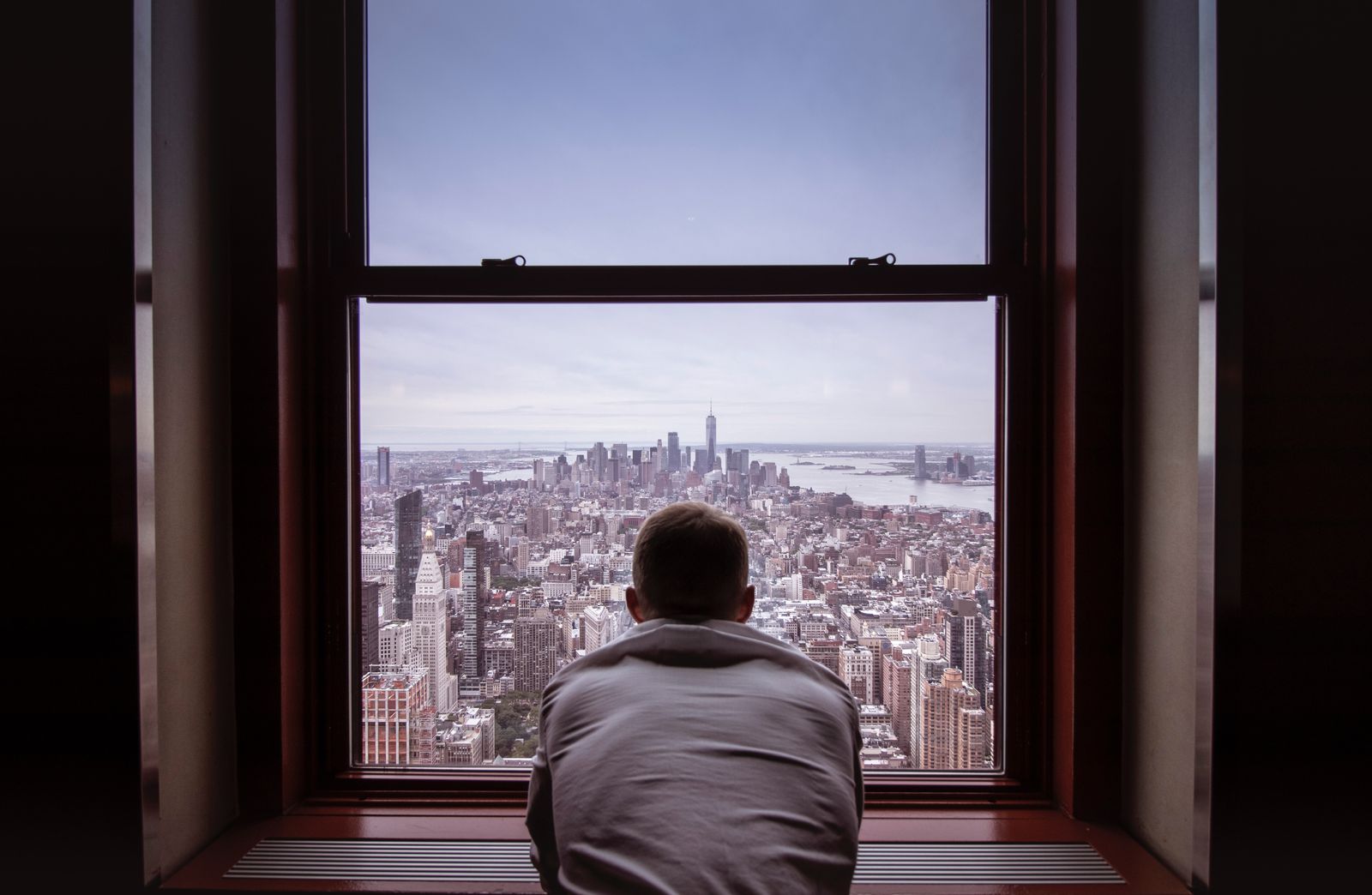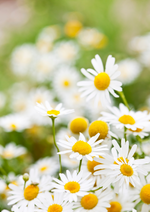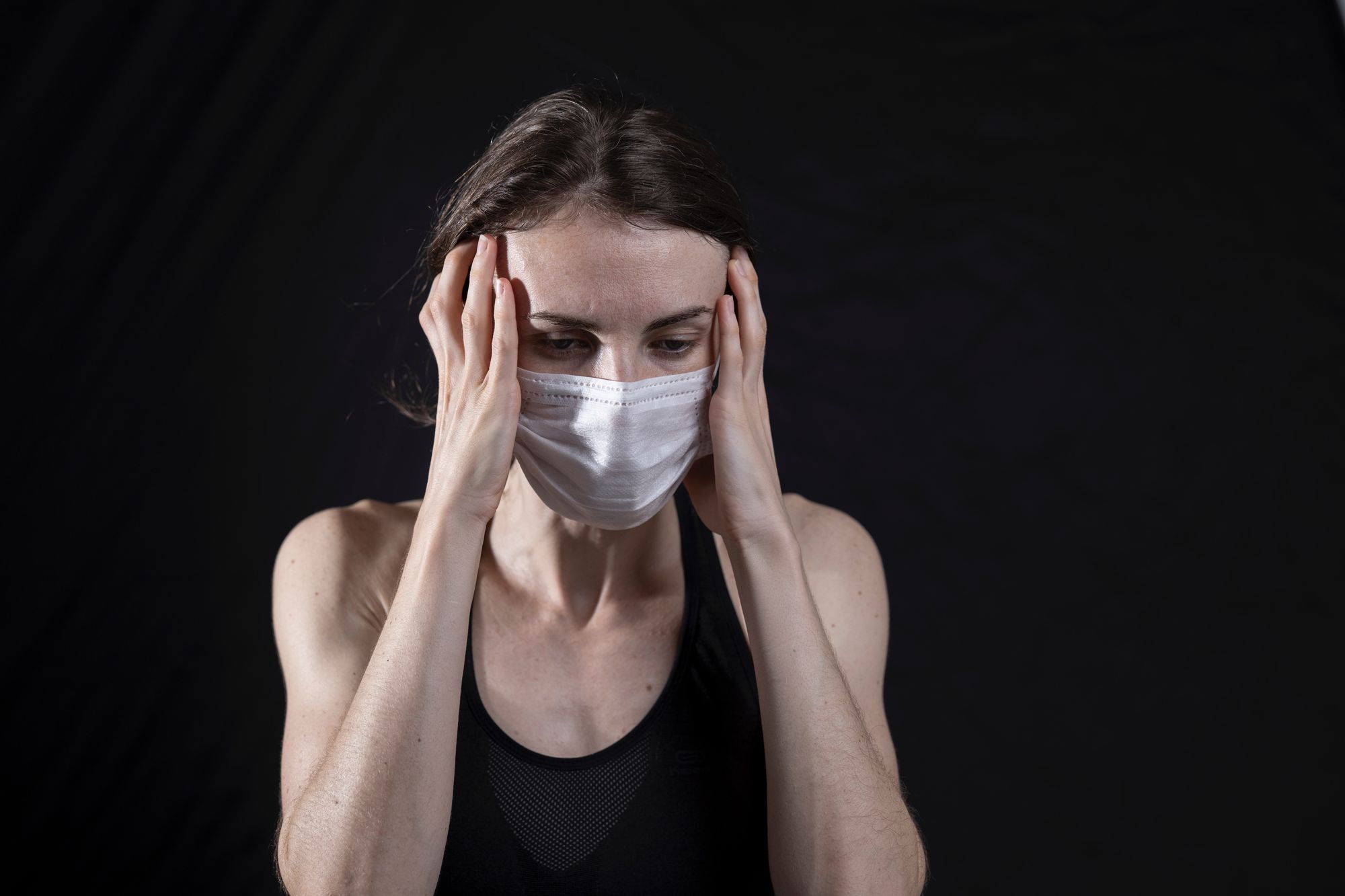
Boris Johnson and the UK Government have announced tighter coronavirus restrictions and localised lockdowns that could set the agenda for a winter of discontent. With the prospect of a second wave and a new nationwide lockdown tangible, it’s understandable that our anxiety levels are rising. As we prepare ourselves for a different and difficult autumn and winter ahead psychotherapist Noel McDermott looks at how we’re feeling and what we can do to change and thrive in times of national crisis.
He comments: “In the original response to the pandemic by the government we were given the signal of try not to worry, in many ways we could characterise as like a good parent to a child. We the child were told to stay home, parents would take care of things, money was found for a furlough scheme, and things would be ok. We were given the signal of try not to worry. The messaging and the psychology of the response since then has become increasingly complex and in a psychological sense ‘disappointing’. We are discovering that our parents are fallible and human, and we have to grow up and take care of things for ourselves increasingly. The idea of ensuring we don’t develop an unhealthy dependency on the government bailing us out has been openly talked about, it is also modelled for in pandemic responses”.

What is clear is that everything is not going to be alright any time soon and because we and the ‘parents’ cannot change the reality of the pandemic being in full swing we have to dig deep internally to manage ourselves. To not act on fear but to act on bigger ideals of community, group, society, NHS, vulnerable, for us to behave in ways which are altruistic.
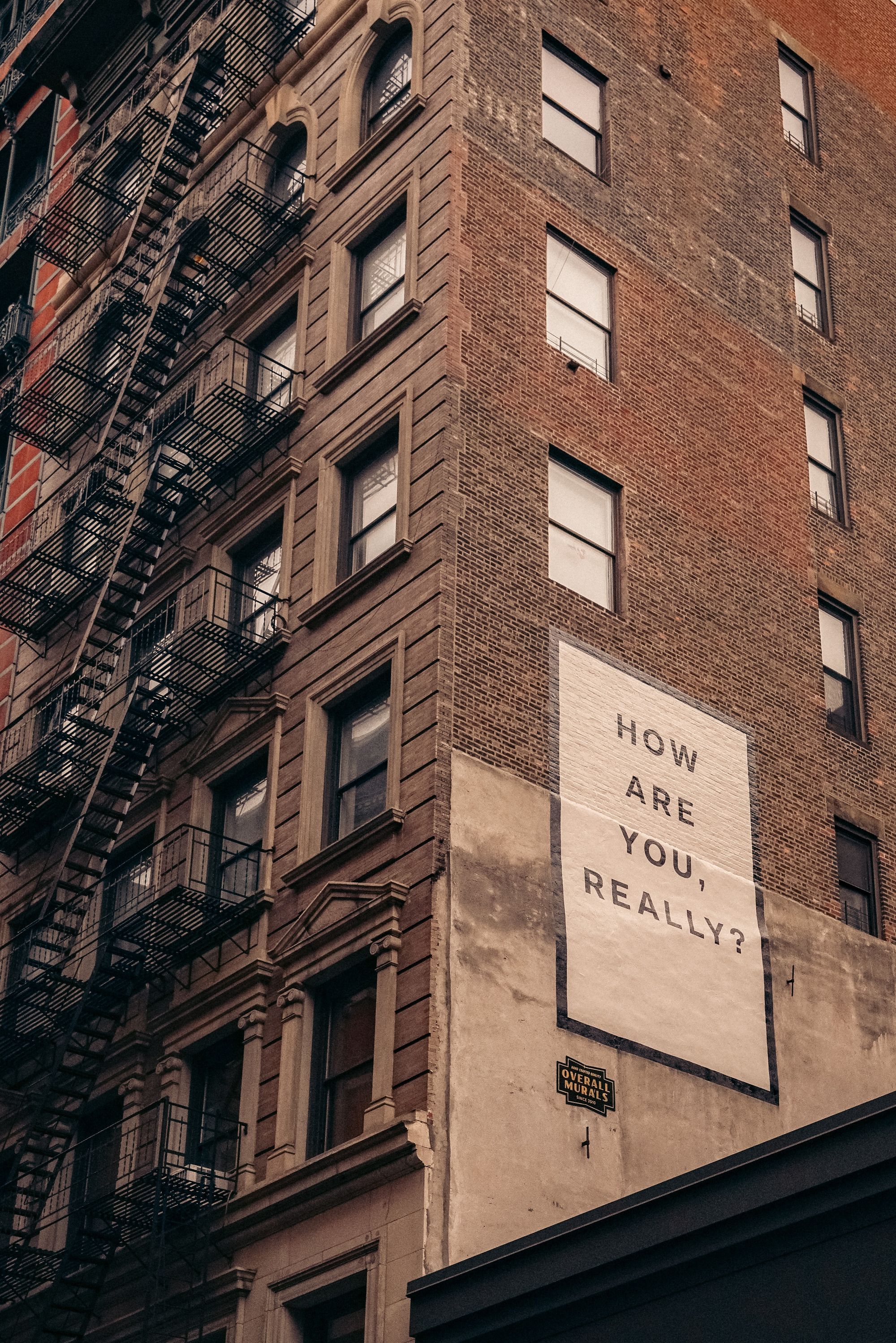
Developing Altruistic Behaviour & Post Traumatic Growth
Noel explains: “Nihilistic pleasure seeking is being told you have no place with the restrictions on bars etc, just getting out of your head isn’t going to help. We have to get out of our fear and depression about this situation by connecting to greater ideals. Altruism is a very sensible and evidence-based response to these types of challenging situations as it promotes post trauma growth. This is a traumatic experience, as the Prime Minister acknowledges and also as he acknowledges it has this larger than self-element, the use of the term spiritual. It is beyond me and about us. If we can connect into larger meaning at this time, by attaching our personal struggles to a larger theme giving it meaning, we are more likely to enter a growth mindset and not just survive but thrive in this situation”.
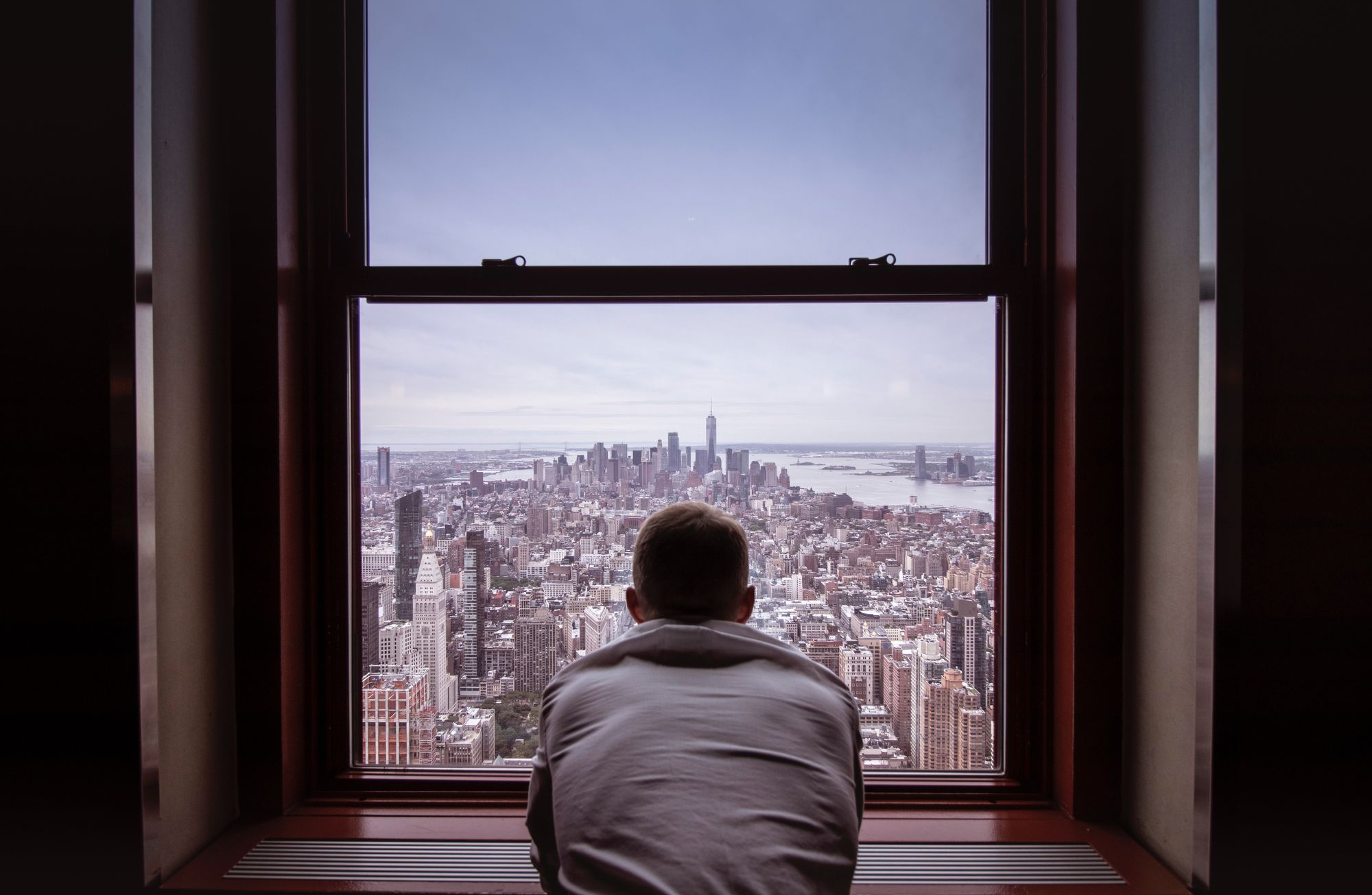
Living with increasing levels of uncertainty
Many people did report in the initial lockdown improvements in their functioning and were happy to be home, but of course the larger practicalities were being taken care of. Now, in line with the theme of adult to adult relationships, it is disappointing that is not being done for us now. Instead we have to adapt and grow with a situation that won’t stay still and the key skill we need psychologically is the ability to live with increasing levels of uncertainty. It is crucial we re-frame psychologically these current set of changes as opportunities not just threats for our own psychological wellbeing. Putting the We into I is essential, and the PM’s speech can be seen as an attempt to do this. Whatever you feel personally about the government’s handling of the virus, what is crucial is not cutting off your nose to spite your face as drawing together at this time makes complete sense in exactly the same way it did during the initial lockdown.
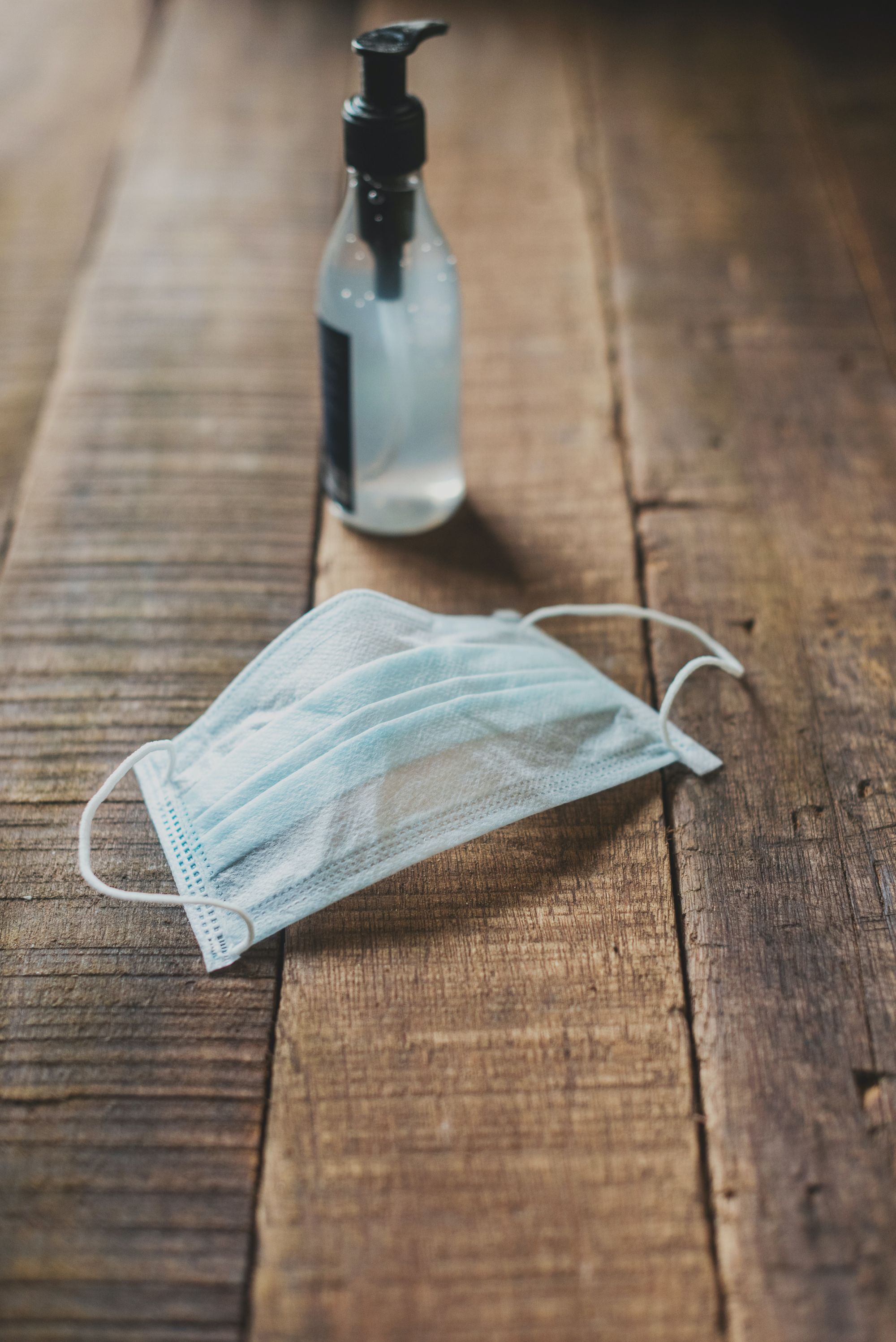
Psychotherapist Noel McDermott offers the following advice on how to stay positive over the winter no matter what happens.
Eight Top Tips for Cultivating Positivity No Matter What
- don’t personalise this situation, see the bigger picture
- plan but let go of expectations
- embrace the opportunity to grow from the unique situation we are in
- engage more with others and especially those more vulnerable than yourself, volunteerism is crucial
- turn off the news and restrict access to the doom and gloom
- find creative ways to continue to be with loved ones
- see the closures of the pubs as an opportunity to get healthy
- learn psychological skills such as cognitive behavioural therapy

Noel McDermott is a Psychotherapist with over 25 years’ experience in health, social care, and education. He is the founder and CEO of three organisations, Psychotherapy and Consultancy Ltd, Sober Help Ltd and Mental Health Works Ltd. Noel’s company offer at-home mental health care and will source, identify and co-ordinate personalised care teams for the individual. They have recently launched a range of online therapy resources in order to help clients access help without leaving home - https://www.noelmcdermott.net/group-therapy/.

